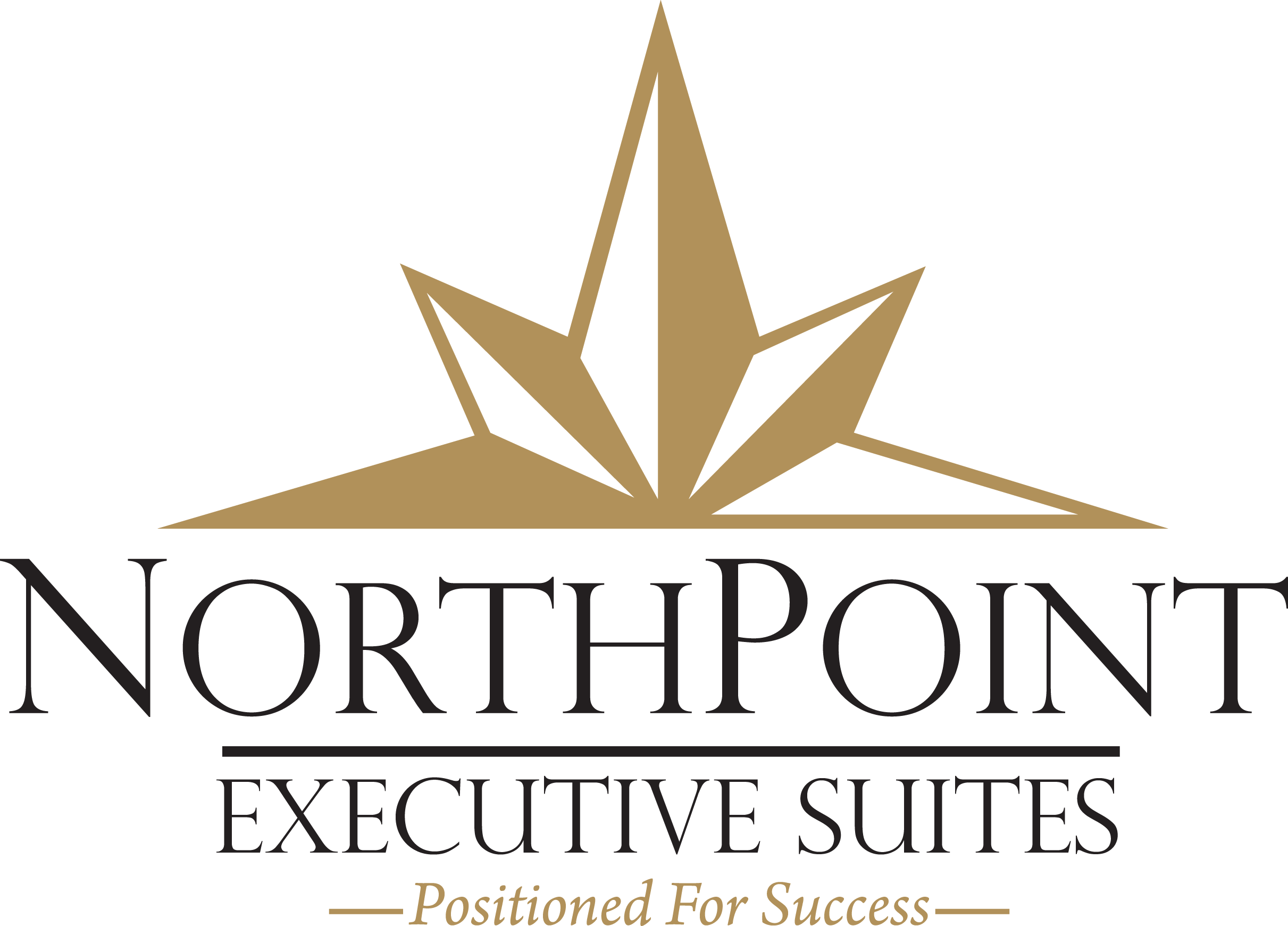If you’ve been dreaming of owning your own business but aren’t sure where to start, franchising with NorthPoint Executive Suites offers a compelling pathway into a thriving and recession-resilient industry. With flexible office space demand on the rise and professionals increasingly seeking turnkey workspace solutions, franchising with a proven brand like NorthPoint can be a powerful way to build wealth and make a real impact in your community.











